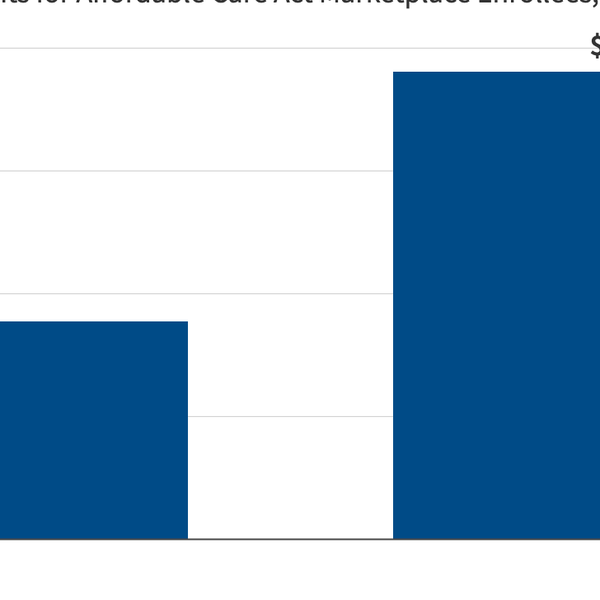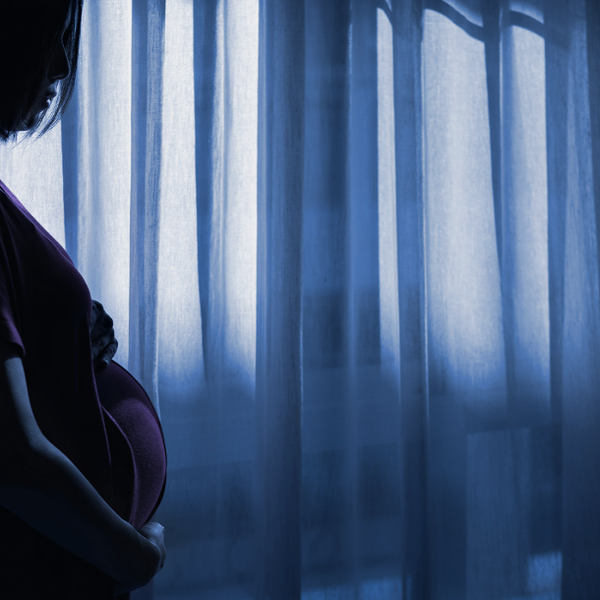
By Michael Doyle, McClatchy Washington Bureau (TNS)
WASHINGTON — Claudia Polsky, a Harvard graduate who directs an environmental clinic at the University of California Berkeley School of Law, had an abortion.
So did Amy Oppenheimer, a former California administrative law judge. Decades ago, while studying at Stanford, Dr. Carol McCleary, too, had an abortion.
And now, in an unusually personal move, th
“Carol has no regrets about her decision to have an abortion,” attorney Michael Dell wrote in a new brief, referring to McCleary. “She cannot imagine having her current career in neuropsychology, or marrying her husband and having their children together, had she been forced to have a child as an undergraduate.”
McCleary, now director of neuropsychology at the University of Southern California’s Keck School of Medicine, joined actress Amy Brenneman and eight other women in revealing their abortions as part of the brief prepared by Dell and the firm Kramer Levin Naftalis & Frankel.
Polsky and Oppenheimer were among 113 women who put their names on a like-minded brief prepared by attorney Allan J. Arffa and the firm Paul, Weiss, Rifkind, Wharton & Garrison.
“I joined the brief, and recruited a number of other women lawyers to join, because reproductive rights are at a crisis point in the United States,” Polsky explained in an email.
Both amicus briefs seek, among other goals, to put sympathetic human faces on the abortion access question now looming before the high court in the case called Whole Woman’s Health v. Cole.
In particular, the latest briefs may be tuned to the frequency of Justice Anthony Kennedy, a swing vote on the nine-member court populated by five Republican appointees and four Democratic appointees.
“It seems unexceptionable to conclude some women come to regret their choice to abort the infant life they once created and sustained,” Kennedy wrote in a 2007 decision.
The case, to be heard March 2, tests a 2013 Texas law that requires abortion clinics to meet the same standards as surgical centers, and requires doctors performing abortions to have admitting privileges at a hospital within 30 miles.
Underscoring the stakes, 45 amicus briefs were filed this week with the Supreme Court opposing the state law. That’s a significantly higher-than-average number, and they include filings from the states of California and Washington as well as cities such as San Francisco and 163 members of Congress.
“I would love it if all women in elected office who have had abortions would so state during relevant debates, because I think this would substantially change the legislative conversation,” Polsky said.
Some already have.
During House debate in 2011 over Planned Parenthood funding, Rep. Jackie Speier, D-Calif., cited her own health-related abortion. Former Texas state Sen. Wendy Davis joined former Seattle City Councilwoman Judy Nicastro in a brief this week recounting their abortions.
Others are newer to the spotlight.
Oppenheimer, now working as an attorney in Berkeley, said Wednesday that she had not been public about her abortion before joining the amicus brief, nor had she discussed it with her two adopted children.
“I am amazed that as a society we have come to a place where people feel a need to be more secretive about having had an abortion than about sexual orientation,” Oppenheimer said in an email. “I don’t think it benefits our society for people to feel a need to be secretive about either.”
Supporters of the Texas law will get their turn, as well, when their amicus briefs are due in several weeks. These will include personal accounts from women who have come to regret their past abortion decisions.
“Our goal is to now collect a hail storm of declarations (to) show the court the size of the problem caused by abortion and how it hurts women,” the conservative Justice Foundation says on its Operation Outcry website.
Any of the personal stories, whatever their intended moral, are probably unlikely to change the minds of the four justices most fervently opposed to abortion or the four considered most sympathetic to a woman’s right to choose.
The 79-year-old Kennedy, though, has had a foot in both camps, and many advocates are courting him in a case that revolves, personal experiences aside, around whether Texas has imposed an “undue burden” on women’s access to abortion.
More than 40 Texas clinics were providing abortions in 2012, prior to the law. The number of clinics subsequently dropped by nearly half and, according to Whole Woman’s Health, the law if given full effect “would eliminate more than three-quarters of Texas’s abortion facilities and limit the capacity of the remaining few.”
(c)2016 McClatchy Washington Bureau. Distributed by Tribune Content Agency, LLC.
Photo: Alisa Ryan via Flickr








